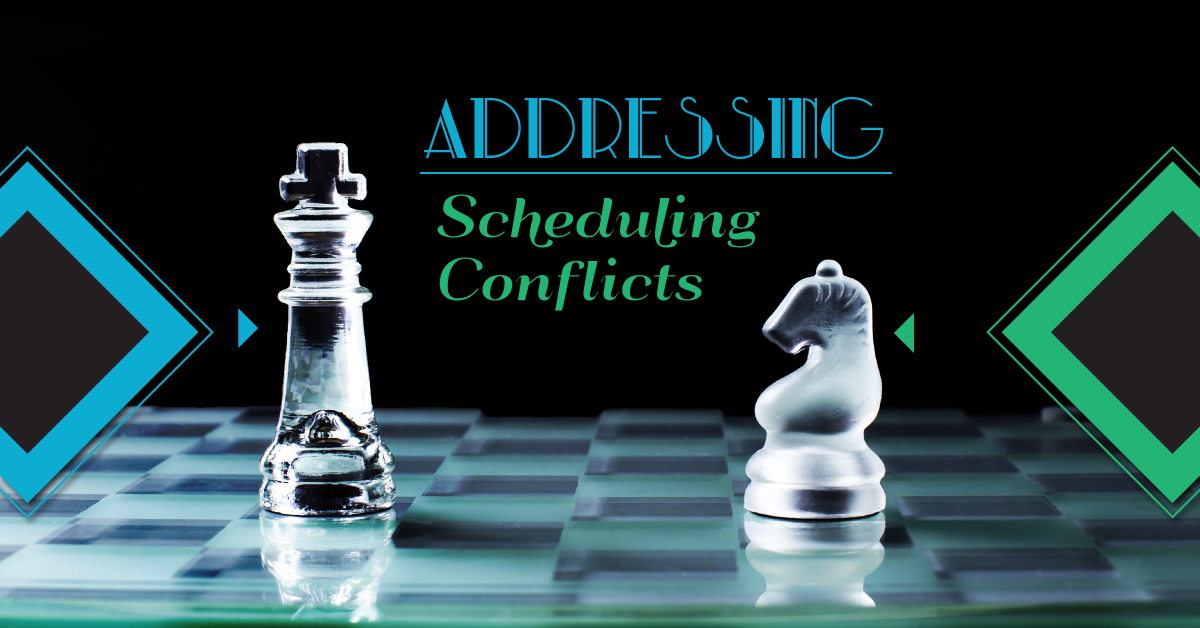Advice to an Actor Who Forgets Their Lines
We asked drama teachers: What is your advice to an actor who forgets their lines during a performance?
Let’s hear from teachers on the front lines.
It’s more than memorization
Parker M. says “SUBTEXT!! Know what your character is trying to say, not just the specific words from the page. If you know the point your character is trying to get across, you can always say something that keeps the play moving.”
Rachel H. says “If they know the sequence of events and are engaged in the moment when someone goes up on lines, they’ll be able to ad-lib something that makes sense until someone onstage can get them back to the text.”
Elizabeth T. says “I always tell my kids they know what needs to happen in the story, so say whatever you need to say to move the story forward.”
David I. suggests “Have a conversation ABOUT the situation. Work through it using subtext until it comes back to you, or until the booth starts the next track. Also, stay calm the audience doesn’t know the script, and their disbelief can be suspended as long as you stay with your character.”
Look to the team
Colleen S. says “The most important thing is to teach onstage generosity – the other actors need to have her back. They can prompting and help and be a part of a team.”
Valerie V. recalls “I was taught that everyone (all actors onstage) needs to know what’s going on at all times.”
Leilani B. says “Your fellow actors are there to save you if you stumble. Just as you are for them.”
Improv and ad-lib skills are your friend
Meredith O. says “I always say, that’s part of why we practice improv. Know where the story needs to go and cover for others who forget by making up a line in context that might help them remember what to say.”
Kathy S. says “We actually practice ad-libbing “just in case.” The kids know the subtext, so they can create lines that help the plot more along. Makes the kids more comfortable if they really do forget the a line.”
April R. says “Know your character well enough to ad-lib something similar for other actors to go with until you are able to move forward with the scene.”
David B. says “Know what it is you have to accomplish in the scene, improvise and get to it to move the scene forward.”
Stay calm, breathe and carry on
Andrew S. says “Don’t stress about it. It happens. Just play it off and make something up to cover it. The audience doesn’t know what your line there was supposed to be so don’t let it show on your face that you messed up!”
Matt B. suggests “Try to relax, pause for a moment and try to remember the basics of what you were going to say. Just remember, there is a difference between a dramatic pause and dead air.”
Norm F. says “It happens. Stay in character and trust those around you. It is a team and the audience will never know because they’re not sitting there with a script.”
Roy N. says “Breathe. Actors will often hold their breath waiting for the line to come. If you just exhale, it often ‘pops’….”
Amber C. says “Don’t panic. Stay in character. Repeat the line before then hopefully you will remember the following line.”
Sandra L. says “Be in the scene, the moment and be the character. Breathe and continue.”
Related Articles
The Drama Classroom Companion
by Lindsay Price & Kerry Hishon
The Drama Classroom Companion is filled with articles and exercises to build the skills needed for theatrical performance as well as real world skills like creative thinking, critical thinking, collaboration, and communication.
The Rehearsal Companion
by Kerry Hishon
You’ve chosen the play, paid the royalties, done the script analysis, held your auditions, and cast the show. Tomorrow is the first rehearsal. Are you ready? Really ready? The Rehearsal Companion can help!





